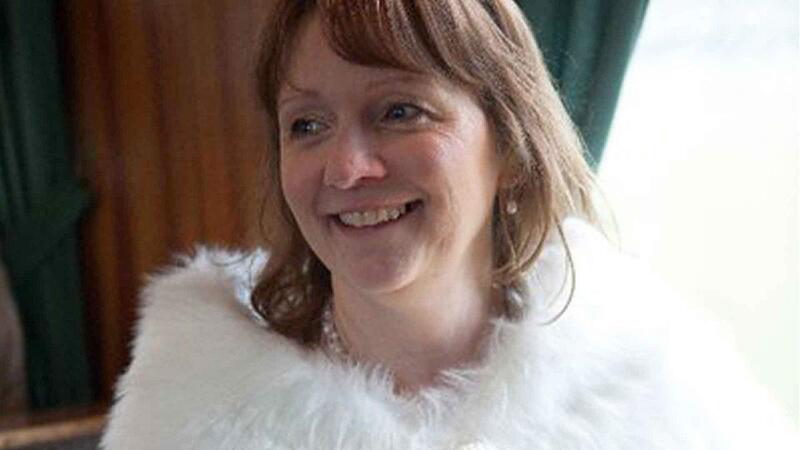You are viewing your 1 free article this month. Login to read more articles.
Bookshops contribute £1.9bn to economy, says BA report
Bookshops contribute £1.9bn to the UK economy every year and pay 11 times more corporation tax than Amazon, according to statistics published in a new report commissioned by the Booksellers Association.
Presented at the BA Annual Conference this morning (11th September), findings from a report evaluating the economic contribution of British bookshops revealed that bookshops contribute an estimated £1.9bn to the UK economy annually, support 46,000 jobs, and contribute £416m in wages and staff costs.
The report, from economics consultancy the Centre for Economics and Business Research (Cebr), also revealed that UK bookshops pay £131m in tax (including £12m in corporation tax), equating to 91p per £100 of turnover, which is 11 times the amount of tax paid by online retailer Amazon, which contributes 8p per £100 of turnover.
Tim Godfray, c.e.o. at the Booksellers Association, said that the report is “irrefutable proof” of the “significant economic value of bookshops to the UK’s economy”.
“Bookshops are making an incredible contribution to the UK despite the many obstacles that they currently, and increasingly, face”, Godfray said. “However, this is not sustainable unless decisive action is taken by the Government to protect them from closure. Bookshops are currently closing at a rate of three per cent per year, and 275 towns across the UK can expect to lose their bookshop completely due to changes to business rates if nothing is done.”
“We hope that Cebr’s report encourages our Government to act to protect the nation’s bookshops, and enable them to flourish”, he added.
The report highlights numerous factors that currently threaten the existence and continued success of bookshops in the UK, including Amazon’s market power and ability to undercut RRPs, business rates, corporate tax, and rising overheads.
It also suggests that retail bookstores offer additional impacts that would not be realised through platforms such as Amazon, including a physical interface that can trigger “different and unpredictable exploration of themes and topics beyond what was intended”, events and activities that produce an interaction of ideas and inspiration that “go beyond what is possible in an online forum” and interactive involvement with more reluctant readers, helping them to find books they might enjoy.
Oliver Hogan, director at Cebr, said that the report highlights the “significant” impact that bookshops have on the UK economy, despite “facing numerous challenges”. He added: “The benefits to UK communities of local booksellers stretch beyond these monetary impacts, encompassing education, literacy and the provision of an informational and cultural conduit to society at large.”
BA president Rosamund de la Hey said that the report provides “hard economic evidence of the contribution that Bookselling Britain makes to the industry, to the economy and to the nation”, and added that the report will go “hand-in-glove” with the representations the BA is making about unfair competition.
De la Hey said: “The BA is making the case strongly for improved business rates for booksellers; arguing in general that in 2017 the business rate system is no longer fit for purpose as well as pointing out the most egregious rate rises for booksellers for booksellers following the most recent review”.
The full report will be published in October.


















